VIDEO EXCLUSIVE: 2020 Democratic Presidential Candidate Andrew Yang On His Education Policy
Andrew Yang, a 2020 Democratic presidential candidate, is not well-known but has some bright ideas regarding education, among other issues.
The 44-year-old New York businessman sat down with uPolitics exclusively to discuss his view on how to reform education in the United States and said he believes one of the most important changes that needs to happen relates to treating teachers better.

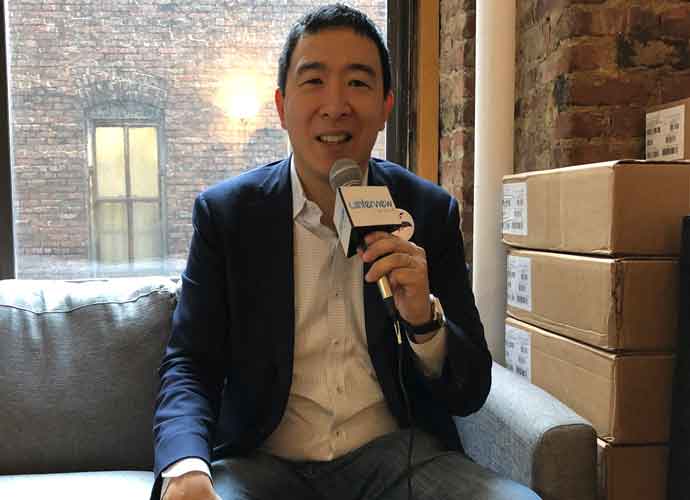

 Click here for the 10 Most Powerful Political Couples Slideshow
Click here for the 10 Most Powerful Political Couples Slideshow
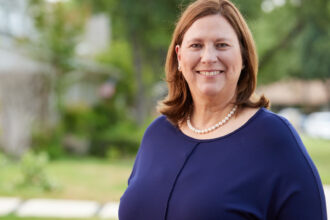



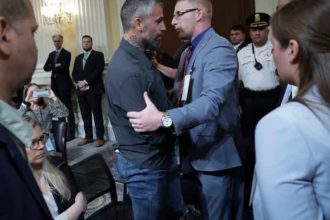
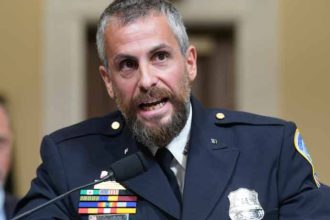
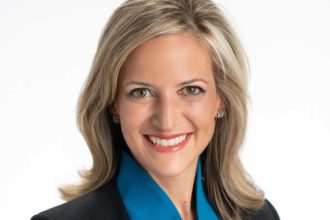
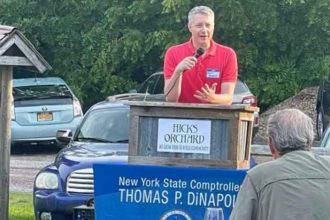
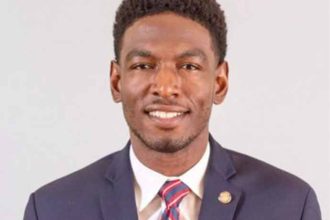
Leave a comment